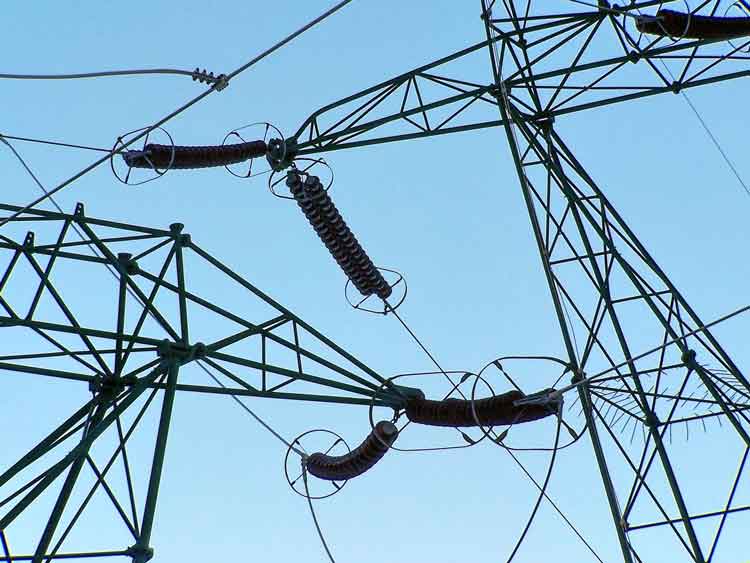Electricity surplus shouldn't cut prices
COEUR D'ALENE, WASHINGTON STATE - A Pacific Northwest electricity surplus 41 percent above projected winter demand won't immediately affect prices in Kootenai County.
The Northwest Power and Conservation Council predicted a power supply about 2,400 megawatts above average annual demand, about twice as much electricity as Seattle consumes in a year.
The supply has grown as power generation businesses have built more plants while demand has decreased because industries have reduced production, said John Harrison, information officer for the Northwest Power and Conservation Council.
Avista Utilities doesn't expect energy surpluses to affect prices because the utilities company purchased long-term contracts for electricity in 2002. Avista does not have to purchase much of its supply on the wholesale market, said Richard Storro, director of power supply for the company, and generates much of its own electricity.
"One thing we know for sure about the wholesale market is, we don't know what it's going to do," he said.
A third of Avista's electricity goes to Idaho consumers. The company has enough electricity resources to meet needs until 2009-2010.
"Our situation is actually very good," said Storro.
Avista also has enough pre-purchased natural gas resources to meet demand for the winter. The utility company will not have to buy gas at higher prices this winter because it bought gas when demand and prices were lower.
"Avista is in good shape to provide natural gas services to all of its customers this heating season," Simock said.
Kootenai Electric Cooperative also doesn't expect consumer electricity prices to decrease immediately, but spokeswoman Erika Neff said the surplus will help keep prices steady because energy suppliers won't have to build new power plants.
"It's definitely good news for everyone in the region," Neff said.
KEC purchases its power from the Bonneville Power Administration and has a contract through 2011.
The electricity supply situation has changed enormously since the energy crisis about five years, said John Harrison, power council information officer.
The Northwest had a power deficit of about 4,000 megawatts. A drought in the Northwest, where hydropower generates half of the electricity, and regulatory problems in California caused prices to spike from an average $25 to more than $200 per megawatt hour.
Prices have declined to $39.50-$58.25 in off-peak use times and $47-$66.50 when use is highest, said Harrison.
When prices were high, power supply companies began building more power plants, creating a 15 percent increase in the amount of power available. Before, the expense of building plants coupled with relatively low electricity prices created a "disincentive" to build more power generation.
Demand declined while supply rose.
Industries have reduced their use by about 10 percent, reducing production in response to market pressures. Individuals also contributed to the decline in the demand, reacting to the crisis by taking conservation measures.
As far as the power council can tell, Harrison said, individual consumers are using 300 megawatts less than they did before the crisis.
"Some people must have responded to energy saving suggestions," Harrison said.
Related News

Spent fuel removal at Fukushima nuclear plant delayed up to 5 years
TOKYO - The Japanese government decided Friday to delay the removal of spent fuel from the Fukushima Daiichi nuclear power plant's Nos. 1 and 2 reactors by as much as five years, casting doubt on whether it can stick to its timeframe for dismantling the crippled complex.
The process of removing the spent fuel from the units' pools had previously been scheduled to begin in the year through March 2024.
In its latest decommissioning plan, the government said the plant's operator, Tokyo Electric Power Company Holdings Inc., will not begin the roughly two-year process at the No. 1 unit at least until…




